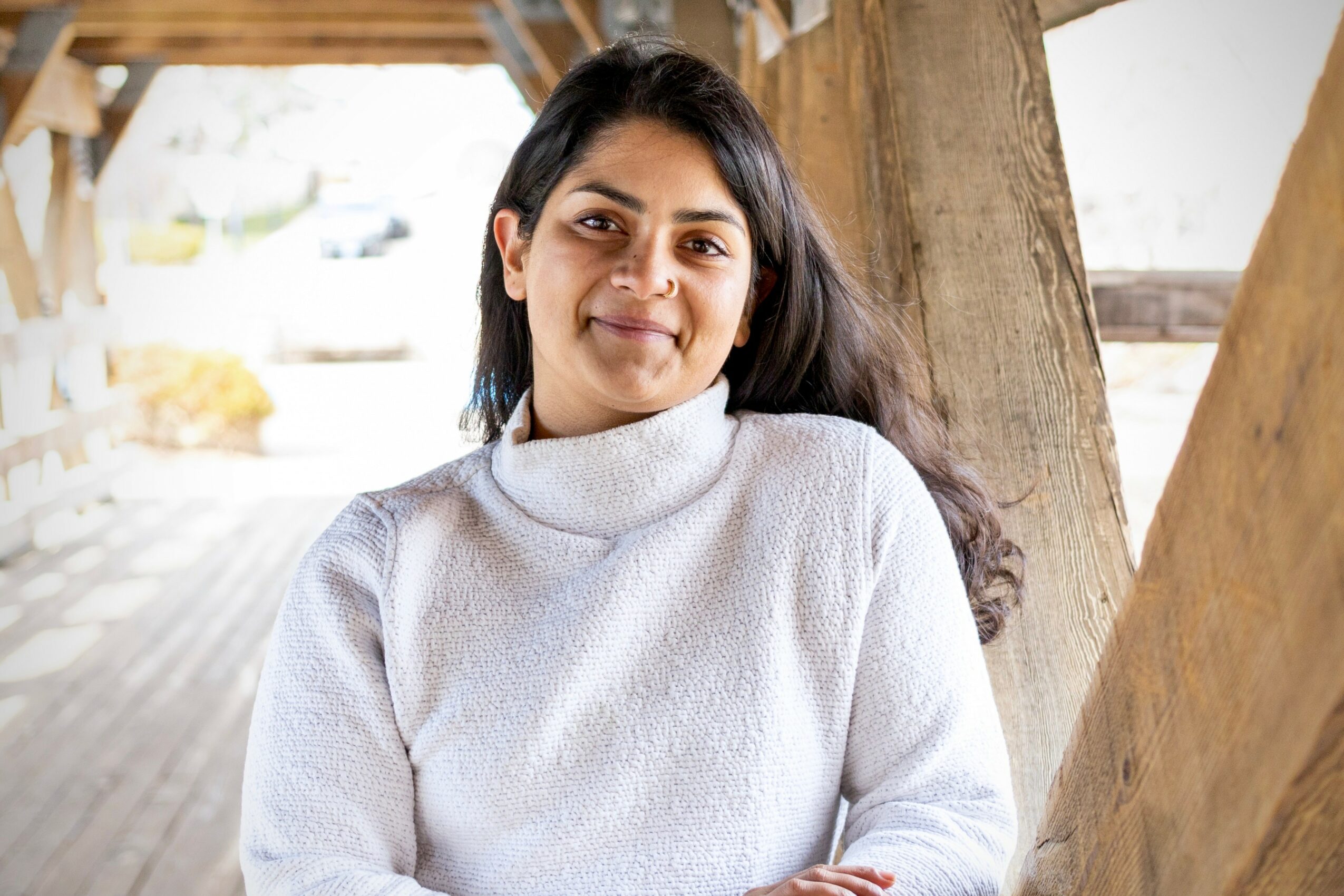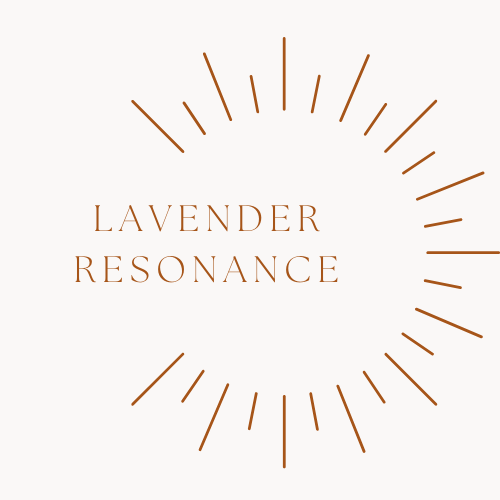

Today we’d like to introduce you to Michelle Mathew.
Michelle, we appreciate you taking the time to share your story with us today. Where does your story begin?
I’ve always had a deep fascination with nature and the outdoors. Some of my fondest childhood memories are from my backyard in Long Island, NY—pretending to forage and making “medicines” and broths from plants I’d find. Being first-generation Indian-American, I also grew up with a front-row seat to healing traditions outside the conventional medical paradigm. My mom and family friends would travel to India for weeks-long Ayurvedic retreats, where they changed their diets, lifestyles, received herbs, and physical treatments. They always returned looking completely restored. Seeing that, it was clear to me—even as a child—that there were deeper ways of healing that modern medicine often didn’t touch.
A pivotal part of my story came at 17, when I was diagnosed with PCOS. At the time, I felt like my body was betraying me. I sought out a DO, hoping for a holistic approach, but instead was prescribed medications that made me feel worse—something that was especially hard to manage during my first semester of college. I eventually stopped taking them and, instead, changed my diet and joined a kickboxing gym. Within a month, I noticed my symptoms fading. Even more importantly, I discovered a new confidence and respect for my body. I realized my body wasn’t working against me—it was communicating with me, signaling where I needed to offer more support so it could function as designed.
This shift deepened my desire to learn how to heal, though at first, I assumed medical school was the only path. But the more I shadowed doctors and explored that world, the more disillusioned I became. I read Medical Apartheid in college, and it opened my eyes to the darker roots of modern medicine, built on experimentation at the expense of vulnerable populations. I couldn’t reconcile myself to a system that seemed to reduce healing to protocols and pharmaceuticals, leaving little room for connection, nature, or deeper human experience.
Instead, I decided to travel and learn from traditional healing practices. My first stop was Costa Rica, where I studied herbalism—identifying plants, creating tinctures, salves, and essential oils, and living in rhythm with the land. When I returned, my dad (who was quietly worried about my adventures) discovered naturopathic medicine and suggested I look into it. I had never even heard of naturopathic medicine, but within months I was accepted to the National University of Health Sciences. There, I immersed myself not only in naturopathic medicine but also pursued a master’s in acupuncture and Chinese herbal medicine.
I loved being surrounded by like-minded people and learning diverse modalities: homeopathy, hydrotherapy, nutrition, and the importance of lifestyle. At the same time, I was also trained in the hard sciences—neuroanatomy, biochemistry, immunology, cadaver dissections—which gave me a deep respect for the complexity of the human body. But what resonated most was the emphasis on treating the whole person: physical, mental, emotional, and spiritual.
After graduating, I joined the Naturopathic Medical Institute, where I finally understood the roots of naturopathic medicine: vitalism. Vitalism is the belief that life has been intelligently designed and animated by a vital force—whether we call it qi, prana, or spirit—that is always working to sustain us. Our role as naturopaths is to recognize this innate force and remove the obstacles preventing the body from expressing it fully. That philosophy gave me the framework I had been searching for all along.
Today, in my practice, I guide people on their healing journeys by helping them address those obstacles and reconnect with their body’s innate intelligence. Healing isn’t a quick fix or a destination—it’s a journey that calls us to grow, let go of what no longer serves us, and step into a fuller version of ourselves. My role isn’t to have clients rely on me, but to empower them with tools and understanding so that they can reclaim that relationship with their own vitality.
Can you talk to us a bit about the challenges and lessons you’ve learned along the way. Looking back would you say it’s been easy or smooth in retrospect?
Becoming a naturopathic doctor, acupuncturist, or really just a purveyor of healing is never a smooth or straightforward road—it’s still fairly unmapped compared to conventional medicine. Most of my colleagues have gone in completely different directions, and that’s because this path doesn’t follow a simple formula. Medicine isn’t black and white; it’s not just symptom = diagnosis code = protocol. At least not if you’re truly looking at the whole person.
For me, the biggest challenge has been learning how to use and strengthen my gifts while also being honest about my weaknesses. Building my own practice was never something I envisioned for myself—it’s not what I went to school for—so entrepreneurship has been a huge learning curve. But it has also been deeply rewarding. It’s pushed me out of my comfort zone, helped me grow, and opened up my world in ways I couldn’t have anticipated.
The uncertainty can be scary, and at times it still is, but it’s becoming less so as I continue on this path. I wouldn’t trade it for anything. Choosing this road, instead of following the traditional medical route with its built-in safety nets, has been one of the best decisions I’ve made. It’s allowing me to create something authentic and meaningful—not just for myself, but for the people I serve.
Great, so let’s talk business. Can you tell our readers more about what you do and what you think sets you apart from others?
My practice, Lavender Resonance, is a fully virtual practice. I integrate personalized Chinese herbal formulas, lifestyle medicine, nutrition, homoepathy, and botanical medicine, with the goal of helping clients reconnect with their body’s natural ability to heal. Because care is virtual, I’m able to work with people across the country and provide individualized guidance without the barriers of location.
What sets me apart is my ability to blend modern naturopathic medicine with ancient healing systems like TCM, while keeping vitalism—the recognition of the body’s innate healing force—at the center of everything I do. For clients in my local area, I occasionally offer home visits on a case-by-case basis where I can incorporate acupuncture, giving them the benefit of hands-on care alongside their broader treatment plan.
Brand-wise, I’m most proud of creating a healing space where care isn’t reduced to quick fixes. My approach is highly individualized—no two clients receive the same formula or plan—because I see healing as a journey that involves body, mind, and spirit.
I want readers to know that my services aren’t just about addressing symptoms. They’re about helping people truly transform their health and reclaim vitality by working with the body’s own intelligence. Whether through personalized herbal medicine, lifestyle guidance, or in-person acupuncture when appropriate, my goal is to support people in becoming the best version of themselves.
Alright, so to wrap up, is there anything else you’d like to share with us?
Yes—I’d love for readers to know that healing is possible at any stage of life, and it doesn’t have to be complicated. Your body is always working for you, even when it feels like it isn’t, and sometimes all it takes is the right guidance and a willingness to make small but meaningful changes.
I also want to encourage people to stay curious. If you’ve ever felt frustrated or unheard in the conventional medical system, know that there are other approaches available that honor the whole person—mind, body, and spirit. My passion is to help people reconnect with that deeper wisdom and recognize that they already have so much power within themselves to heal.
Contact Info:
- Website: https://www.lavenderresonance.com
- Instagram: @lavenderresonance











